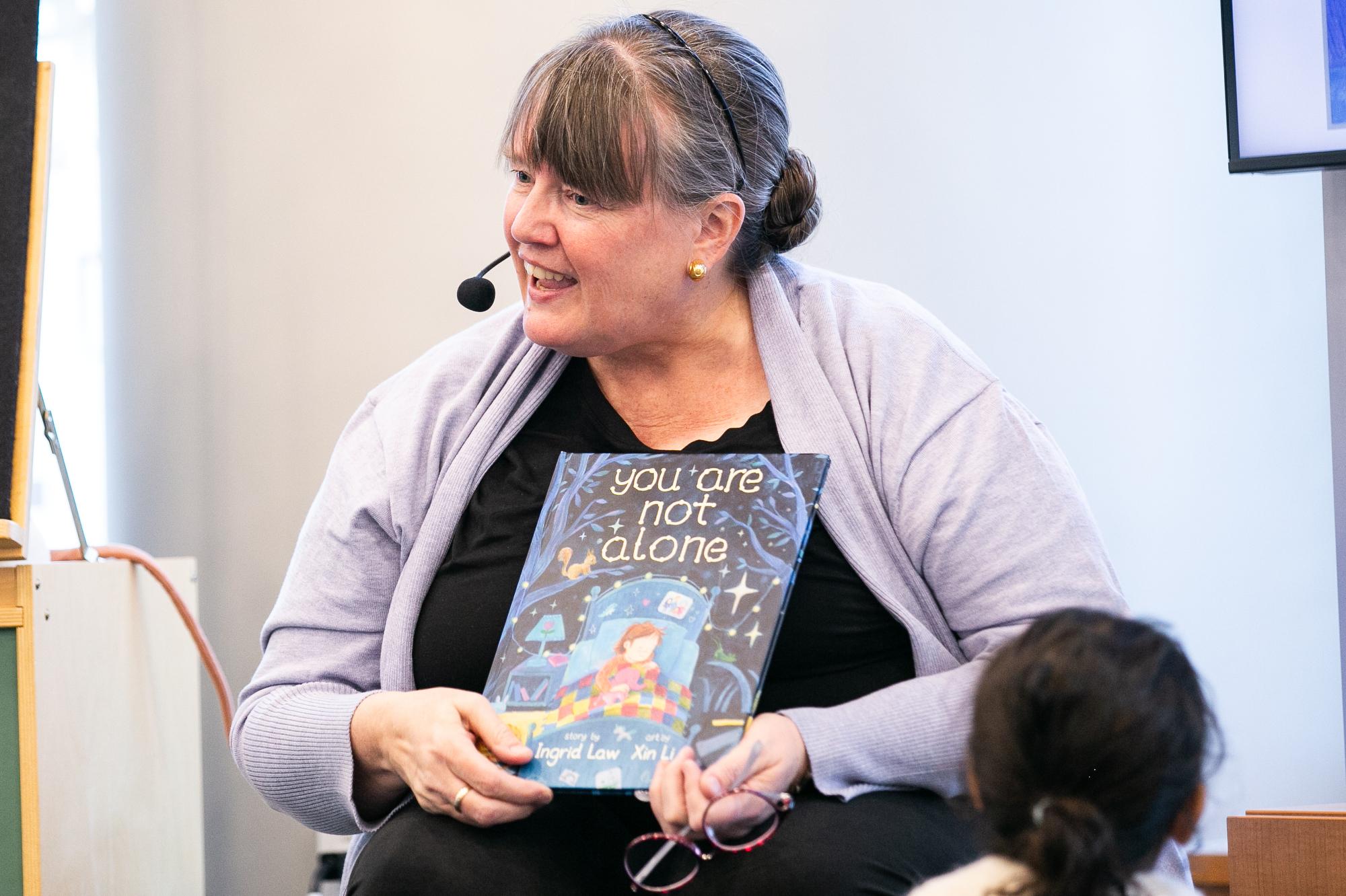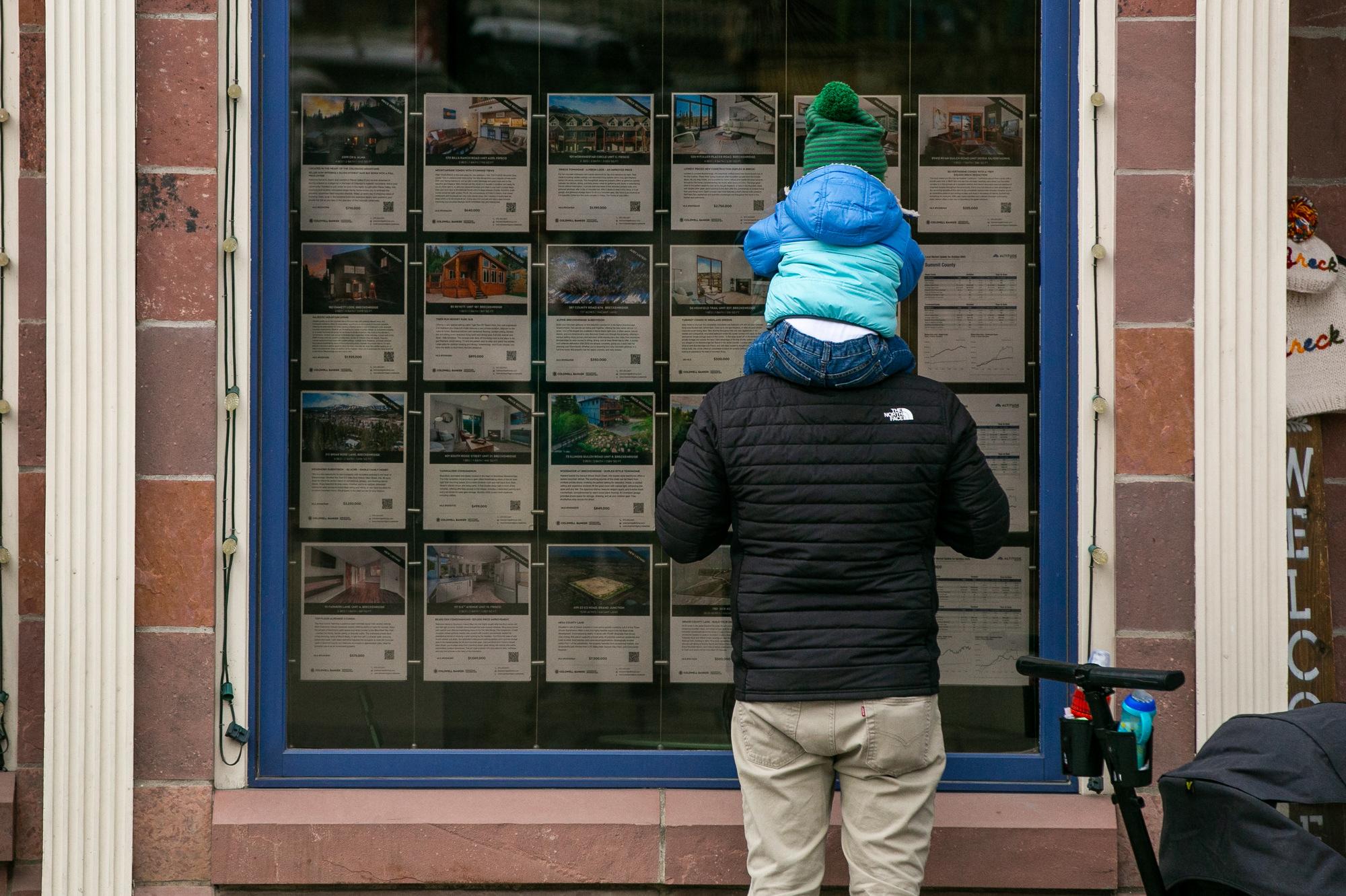
According to a 2015 survey by a local advocacy group, there are more than 1,000 people experiencing homelessness in Colorado Springs. In the city, a new law that some say targets the homeless has now entered its enforcement phase.
Attendees at a recent rally in Acacia Park shouted "homes not handcuffs," among other chants, in protest of the city's new Pedestrian Access Act. The ordinance makes it illegal to sit, lie down, or kneel on sidewalks in designated areas downtown and in Old Colorado City.
Alan Pitts helped organize the protest. "All the ordinance does is further marginalize an already marginalized part of the population," he said.
The law says offenders will receive a warning the first time they're found violating the ordinance. The second time, they could face a fine of up to $500. A third, possible jail time.
According to city council, the intent is to protect public safety and business interests.

Councilman Bill Murray voted for the ordinance, which ultimately passed 6-3. Murray was on hand to observe the rally in Acacia Park, and insisted the law doesn't target anyone.
"So the question is do we automatically assume everyone who is blocking the sidewalk is homeless?" said Murray. "That shouldn't be the way to do things. We should treat everyone equally, that anyone who is blocking the sidewalks, in fact shouldn't be there."
The new ordinance is a lighter version of a law proposed last year that came under heavy opposition, including from the ACLU.
"Really, sitting is not a crime. And ordinance that purports to make it a crime is really an ordinance that is targeted at a particular population," said Mark Silverstein, the legal director at the Colorado ACLU. Silverstein said the law is about hiding poverty. "It's an effort to make them go away, to move them out of sight. To deny the use of public spaces to members of the public is wrong."
But not everyone agrees.
Andy Barton is the CEO of Catholic Charities of Central Colorado. Barton says he can appreciate the message the protestors want to send, but homelessness is a nuanced issue.
"We want to be real careful not to lump everybody together, because sometimes I think it can be really detrimental to the folks that we serve." - Andy Barton, CEO of Catholic Charities of Central Colorado
"We want to be real careful not to lump everybody together, because sometimes I think it can be really detrimental to the folks that we serve," said Barton.
The Marion House Soup Kitchen is among the programs Catholic Charities runs. The soup kitchen serves free meals to vulnerable people. Barton says 40% of their patrons are chronically homeless, with the majority on the verge of becoming homeless.
"And we fight really hard to make sure that people know that the folks who are coming in to eat meals with us, very oftentimes are not the same ones who are sitting on the corner at Pikes Peak and Tejon, or who are on the off ramps asking for money and for food," added Barton.
Barton says Catholic Charities hasn't taken an official stance on the new law and they're committed to helping all those in need, but he's hesitant to say the ordinance singles out the homeless.
"We understand it as targeting a behavior, not a population," said Barton.
Silverstein of the ACLU agrees, but says poverty influences behavior.
"We've been trying to persuade cities to stop using police and courts as a way to address behaviors that are the product of homelessness or extreme poverty," said Silverstein.
For Barton though, the city is showing a willingness to be flexible and to support other efforts.
Earlier this month, Colorado Springs allocated $2.5 million toward building a day center for people experiencing homelessness. The center is expected to provide showers and laundry facilities among other services.
Lt. Catherine Buckley of the Colorado Springs Police Department said officers can use their discretion when approaching people who are violating the ordinance. Instead of making a citation, Buckley said an officer may decide to refer people to local resources.
As of mid-week last week, the Colorado Springs Police Department has given one written warning and four citations for violations of the Pedestrian Access Act. Those four citations all occurred at the Acacia Park protest.








